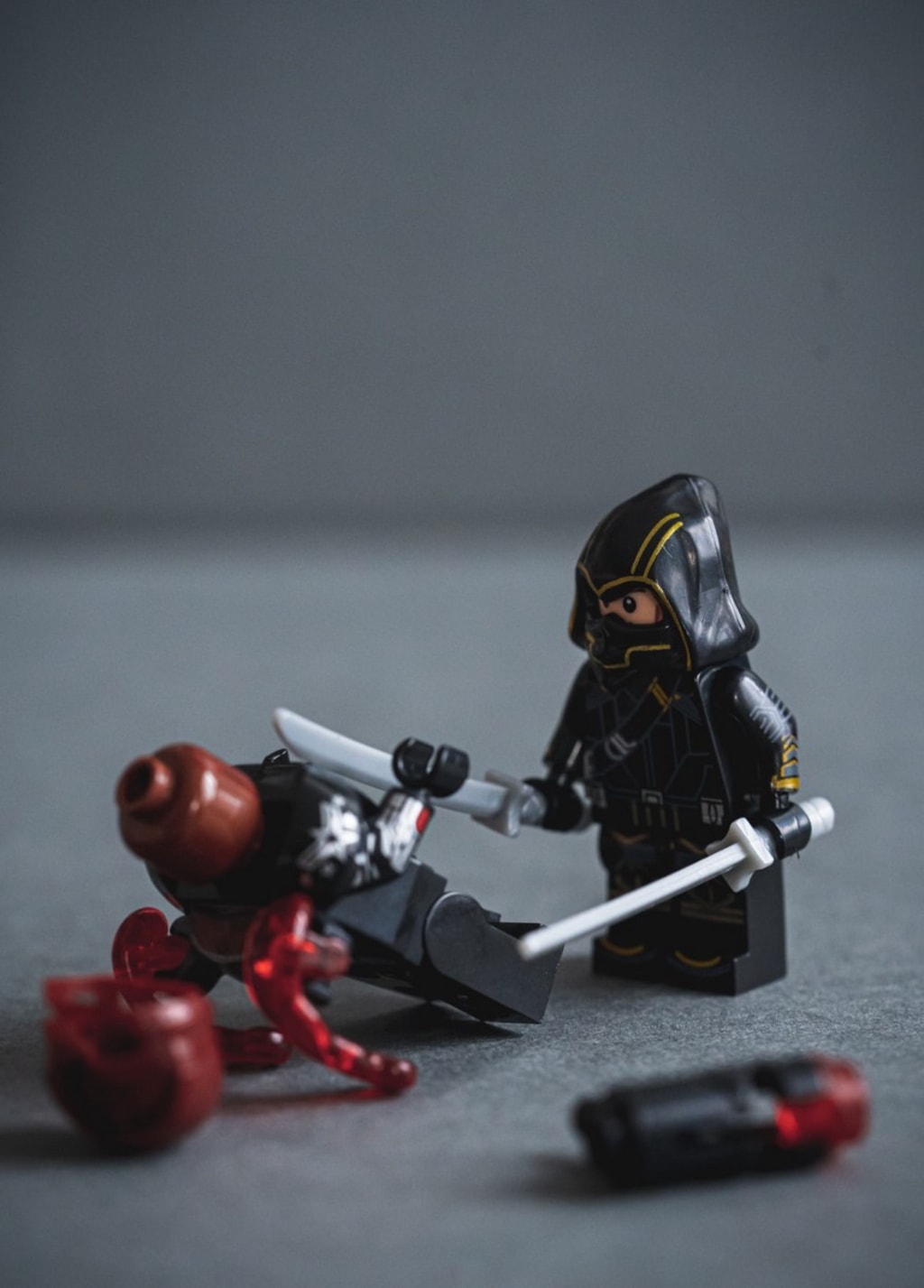
What is a toxic relationship?
Dr. Lillian Glass, a California-based communication and psychology expert who says she coined the term in her 1995 book Toxic People, defines a toxic relationship as “any relationship [between people who] don’t support each other, where there’s conflict and one seeks to undermine the other, where there’s competition, where there’s disrespect and a lack of cohesiveness.”
I am still coming to terms with the after-effects of a toxic relationship and the mental scars run deep.
I am not a relationship counselor, but having lived through a toxic relationship for a decade and the aftermath which lasted for a further four years, I feel qualified to write about my experience.
Despite warning signals from family and friends, I refused to accept that the relationship was toxic. Looking back, I cannot believe how naïve I was. The relationship was not only toxic, but the toxicity leaked into my wider circle of family and friends. Eventually, there was just the two of us in a bubble cut off from the rest of the world, which, of course, was his sole intention. To control me 100%, to keep me within his grasp, and to control every single aspect of my life without me even realizing it.
I was undermined by a passive-aggressive narcissist in the most terrible, demeaning, and despicable ways possible. I don’t know how one human being can treat another in that way and I wish I had known these 6 things:
- Be aware of the signs.
- Don’t give too much of yourself away — keep some things back.
- Find your way gradually.
- Get out as soon as you can before you get in too deep.
- Don’t blame yourself.
- Don't believe a word they say.
1. Be aware of the signs
Constant attention and being showered with gifts; talking about the future and where the relationship will go, glamorizing it to the point of idealizing everything.
Within weeks of meeting, we were planning on spending the rest of our lives together, we would buy a fantastic house, travel extensively, live an idyllic life and do all of these wonderful things together. It sounded amazing. It was a trap designed to fool me and lull me into a false sense of security. It was shameful. It was all lies. I fell for it, hook, line, and sinker.
Future faking is a well-known strategy used by narcissists to lure you in and keep you dangling on the end of their hook.
2. Don’t give too much of yourself away — keep some things back
The first signs that the relationship was bad or toxic, was that the other person kept delving into my past, constantly digging for information about past relationships, going over and over the same topics, highlighting weaknesses in my former partner but exaggerating his strengths wanting to prove that he was the better person.
Keep past relationships to yourself. Don’t over-share, regardless of how often somebody asks you to reveal certain things or information about your past. After all, it is in your past.
3. Find your way gradually
When starting out on any new relationship, it can be exciting, thrilling and the newness of everything can cloud your judgment. Take it slowly and get to know the other person. Another major warning sign that I was unaware of at the time (hindsight is a wonderful thing) was his lack of friendships. In fact, he only had one friend. Odd for a man of his advanced years.
I only met his immediate family a handful of times and if a family wedding arose, there was always a reason why we couldn’t go. I ignored the warning signs, again.
I was never given access to personal details of his close family members and so was unable to contact them. Throughout the entire ten-year relationship, not once did any of his family come and visit us in our home. Strange. I disregarded the warning signs, yet again.
4. Get out as soon as you can
Despite him asking me to marry him several times, I chose not to. In hindsight, marrying him would have given me far more rights when it came to the break-up and my financial stability. Depending on what the legislation is where you live, you could end up, like me, being far worse off by not marrying. I am not advocating marriage to gain financial stability, but I would have been better off if I had accepted his proposals. Do I regret not marrying him? Never. I knew it wasn’t right and once again, I should have listened to those clanging bells.
5. Don’t blame yourself
I have had so many sleepless nights in the past, but not anymore. I sleep soundly in the knowledge that his treatment of me was despicable and I was not to blame for the way that I was treated. I am a good person, honest, kind, and loving and I did not deserve to be treated that way. Learning to like myself again and accepting that I was not to blame has helped so much in the healing process.
The ferocity and nastiness which followed the break-up only served to highlight what a vile and despicable person he is. I wish I had never had the misfortune to meet him, but life is too short for regrets of such magnitude.
6. Don't believe a word they say
When your partner tells you something, it is natural to believe them. Narcissists lie constantly and are so convincing that you don't doubt them. Looking back, I cannot believe that I was taken in by all the terrible lies that my ex-partner told me to my face, without batting an eyelid. It was part of his psyche to lie constantly about everything. I can see that clearly now but then, when I was in the relationship, I could not comprehend the notion of his lying to me all the time. It was beyond me.
Moving On
I have moved on and am married to a kind, loving and genuine man. I have my own identity and have kept it, despite being one half of a couple. That is also important. Be yourself and don’t let anybody change you.
To recap:
- look out for those warning signs
- listen to your inner voice and trust your gut instincts
- be true to yourself
- don’t let anybody change you
- keep open minded about what your partner tells you
It may take time to move on and you will probably need to seek professional help, which I did through counselling, but with the support of family and friends, I have kept strong and focused and have successfully moved on.
I have found happiness and am, at long last, at peace with myself and free from the toxic relationship that blighted my life for a decade.
* * *
This article was first published on Medium, where you can find more of my work. Why not get a weekly update from my village in England by signing up to Rosy's Ramblings? I publish every Saturday and it's free!
About the Creator
Rosy Gee
I write short stories and poetry. FeedMyReads gave my book a sparkling review here. I have a weekly blog: Rosy's Ramblings where I serialized my first novel, The Mysterious Disappearance of Marsha Boden. Come join me!






Comments
There are no comments for this story
Be the first to respond and start the conversation.